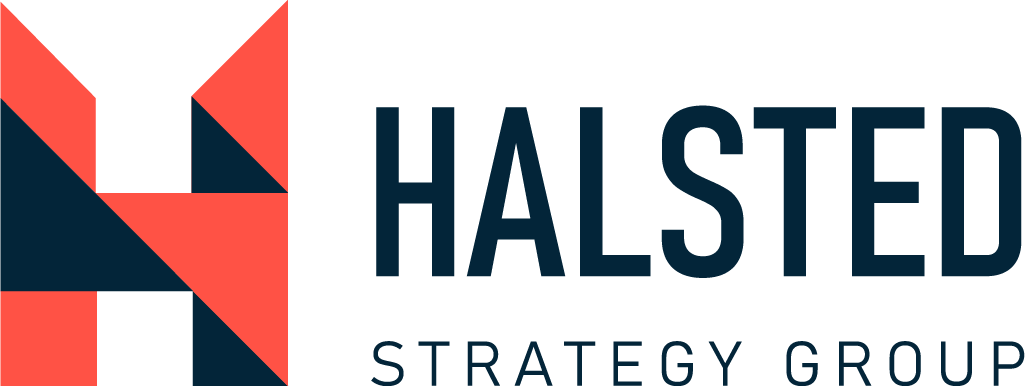
BRAND EQUITY TRACKING: AN OVERVIEW
Strong brands do not just happen; they must be built, tracked, and refined.
However, a strong brand results offers countless benefits for your company, including higher revenues, loyal customers, trust in your new offerings, and long-term viability in shifting markets.
Brand building is often thought of as a creative endeavor, but in today's rapidly changing world, a brand strategy should be heavily influenced by key metrics that drive tangible outcomes. Despite this, many companies do little research in the planning or execution of their brand.
A brand equity strategy ensures that you are given credit for what you bring to the market. Your brand equity should promote your positive traits, utilize your current strengths as efficiently as possible, mitigate weaknesses, and continually differentiate from competitors.
Creating a brand strategy without research is a recipe for disaster. If you do not know what consumers think of your brand, why they buy, and who influences them, you're doing a disservice to your brand. By basing your strategy off of research, you can create a more compelling narrative that stays ingrained in the hearts and minds of consumers.
Measuring Brand Equity: Getting Started
How do we start measuring brand equity? This doesn't happen overnight. Instead it typically takes several months and substantial market research to understand the trends surrounding your brand. However, once you've established this baseline, it makes it substantially easier to understand how marketing and advertising efforts are creating long-term impact for your brand.
Understanding What To Measure
Many different philosophies exist around brand equity, but there is agreement on these key tenets:
Price - How do we competitively position ourselves in the space and provide higher value to the consumer?
Equity - What are the functional and emotional benefits that people expect from our brand, so that we can deliver on them day after day?
Personality - How do consumers think about our brand? Are we fun and flirty? Intellectual? Boring?
Marketing - What are we conveying in our advertising, and does it differentiate us from our closest competition?
Determine Brand Equity Research Goals
Brand equity market research typically covers equity tracking, changes within your equity and competitive equity, and building a differentiated brand in the market. Brand equity research complements broader market research and leverages competitive benchmarks to understand how you perform on:
1. Key Funnel Metrics, including awareness, familiarity, consideration, and usage
2. Key Equity Metrics, including price, value, tangible benefits of the product, and emotional reaction to the brand
3. Key Personality Metrics, including dimensions of trust, excitement, intelligence, and caring
4. Advertising Metrics, including ad recall and performance
5. Industry Trends, including what significant shifts are occurring and how these affect industry-wide attitudes
6. Demographics, including who your target customer is and whether the market is shifting
Use Both Qualitative and Quantitative Approaches
Ideally, a brand equity measurement will mix both quantitative and qualitative methodologies. Qualitative examples include IDIs and focus groups, which allow you to understand the consumer reactions and emotions to your product deeply. On the quantitative side, a survey is conducted regularly to monitor changes in key metrics and provide a robust fact-base for informing marketing, advertising, brand, and new product development initiatives.
What A Good Brand Equity Tracker Will Do For You
- Highlight fundamental equity and personality attributes that differentiate you from the competition
- Allow you to hone in on your target customer or customer segments more directly
- Assess brand loyalty from your customer base to determine how sticky your customers are
- Enable higher margins by creating messaging and advertising campaigns that connect with consumers
- Build your brand to adapt in dynamic industries and stay ahead of trends that may stagnate or kill other brands
- Understand key market trends that can drive the innovation pipeline, via product or concept testing

